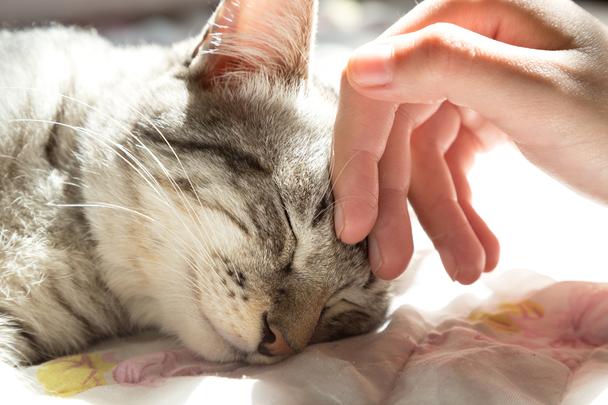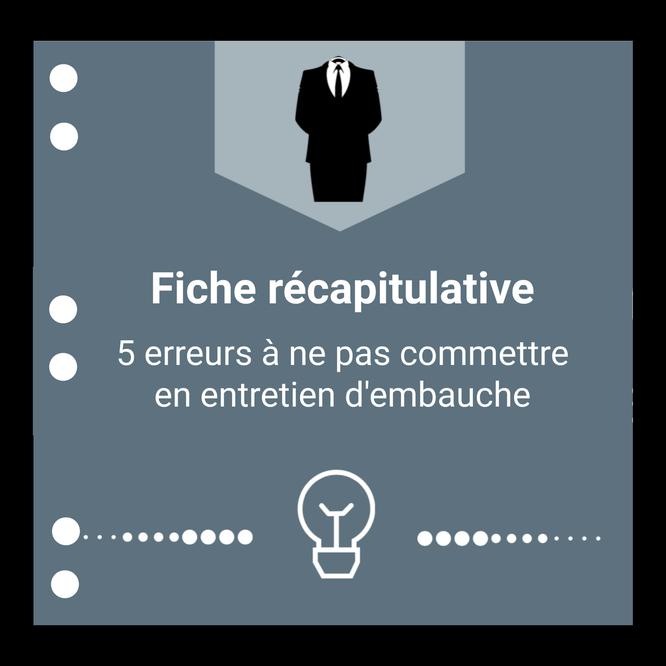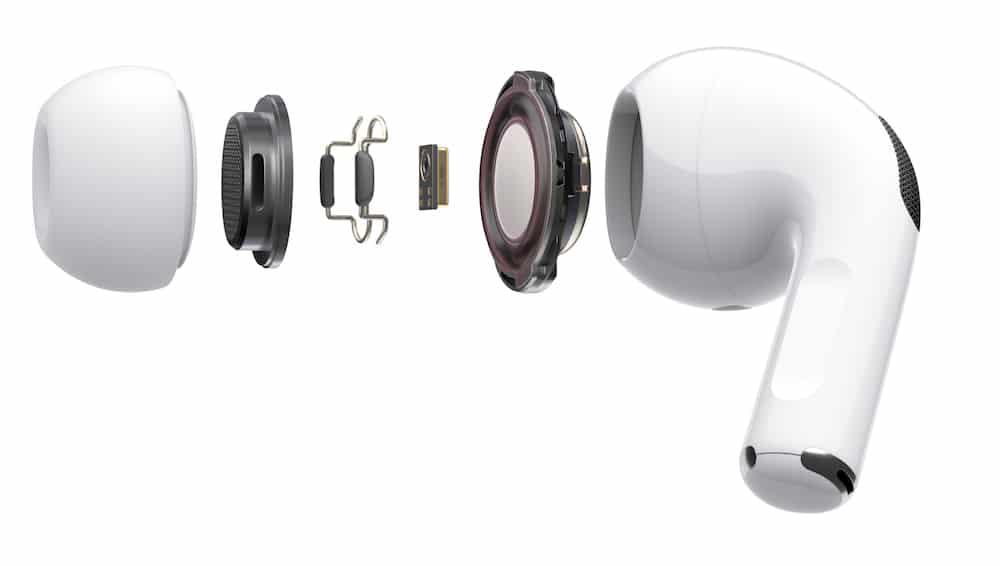Why do cats purr? An enigma demystified
An animal revered in ancient culture, then feared in medieval times, sometimes close to women, sometimes to a diabolical being, the cat is today a faithful companion of man. From Baudelaire and Bukowski who surrounded themselves with it and were inspired by it, to pop culture stars like Taylor Swift. The little ball of fur, we love it! Her gentle caresses, her comforting company, her daily autonomy and of course – her almost musical purrs. We will take stock today on a very curious question, in particular why do cats purr?
Purring – an enigma demystified
Page content
This subtle buzzing so characteristic for domestic felines is also unique to them alone. Among their wild cousins – tigers, lions, jaguars – the purring noise is rather rare, even non-existent. Except when they are born! In fact, the little kitten starts purring shortly after being born. In these first days of her life, the murmur is interpreted as a sign of a tacit bond that begins between the mother and her babies. At the service of their breastfeeding first of all and once the cocoon has left the cocoon, at the service of interlinguistic communication between the cat and its dear companion – the man. Because you probably know it – with cats, it's always difficult to identify who is playing the role of master.
Purring – an ability that is acquired in the first few days
How does a cat purr?

But how is it that a cat is able to make such a sound. Indeed, there is no unequivocal answer to this question! Scientists engaged in the study of this phenomenon launch various hypotheses on the mechanism of production of these vibrations. Whether it is an elastic ligament linking the throat to the collarbone or a rapid contraction of the larynx, however, the most important thing is to know how to interpret these signals. And we hurry to reassure you, because daily purring is more a sign of well-being than discomfort. Find more detailed information on this in the following lines.
The purring mechanism
Why do cats purr?
To express their satisfaction
The purring cat is a happy cat. You have probably already noticed that your feline friend starts to produce the sound of contentment when he is the object of hugs, caresses and any form of attention shown by his human. Same for the times when the cat is spoiled by his favorite treat.
The cat purrs when he is happy
To communicate with man
We have already mentioned the authoritarian character for which cats are famous. In this vein, know that they also have the habit of purring when they have a need to satisfy. It is, so to speak, their way of hooking you, getting your attention and making you act for their benefit.
When he needs you to communicate
To reduce stress and anxiety
Apart from small moments of happiness, purring is sometimes in this case when the cat feels uncomfortable. This is particularly the case when the cat is experiencing stress of any kind or is in a state of anxiety. If, therefore, none of the reasons for purring presented below is able to explain your cat's unusual behavior, consider studying its environment. This, in order to identify environmental factors, likely to represent a source of stress for your cat.
To combat daily stress
To relieve one's own aches and pains
And if our four-legged friend knows how to calm down when his morale is down, the benefits of purring go far beyond that. As incredible as it may seem, their own vibrational frequency is believed to have self-healing properties. Sound waves seem to exert this effect primarily on the musculoskeletal system. So be aware that a cat that purrs constantly could indeed heal an injury, fracture or other problem of a similar nature.
To take care of oneself
The effect of cat purring on humans
Useful therefore for the cat itself, purring is no less so for humans. Carrying the same therapeutic effects in humans, the noise in question would also have a beneficial effect on the healing of a human fracture. Apart from that, it contributes to appeasement and mental calm. Hence the appearance of rhonrontherapy – a therapeutic method based on the benefits of feline sound frequencies on humans. These are supposed to stimulate the production of serotonin and thus reduce the level of stress.
Why doesn't my cat purr?
There are plenty of reasons to explain this feline habit. Besides, should we worry if a cat does not produce the sound that is so unique to it? In most cases no! If you have indeed never heard your cat purr, there are a few simple explanations. Either, his purr is all deaf and soft. Or, his mother did not know how to transmit this ability to him for any reason (early separation for example). Either still, he has the "little purring" character. Note that it can also be a simple change in habit that comes over the years. The only reason to worry – when the purring suddenly stops, which could suggest discomfort. In this case, a visit to the doctor is highly recommended.
A cat that does not purr is not necessarily a sad cat



![PAU - [ Altern@tives-P@loises ] PAU - [ Altern@tives-P@loises ]](http://website-google-hk.oss-cn-hongkong.aliyuncs.com/drawing/179/2022-3-2/21584.jpeg)

![Good deal: 15% bonus credit on App Store cards of €25 and more [completed] 🆕 | iGeneration Good deal: 15% bonus credit on App Store cards of €25 and more [completed] 🆕 | iGeneration](http://website-google-hk.oss-cn-hongkong.aliyuncs.com/drawing/179/2022-3-2/21870.jpeg)





Related Articles